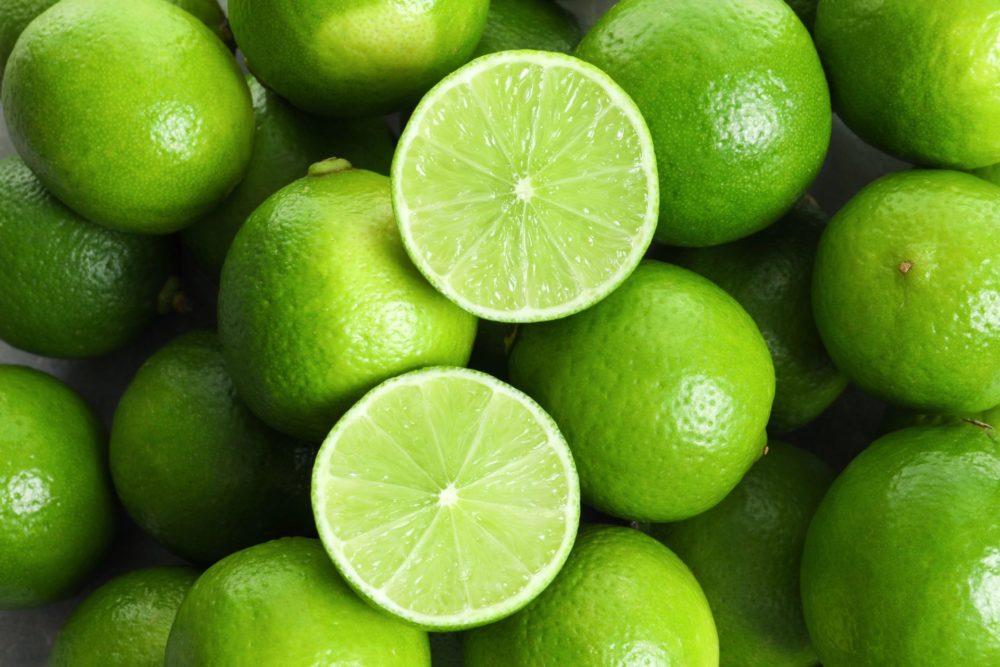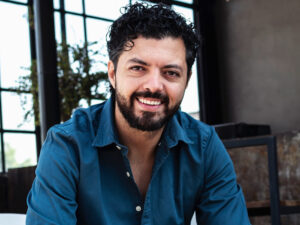Disclosure: AFN’s parent company, AgFunder, is an investor in Apeel via the latter’s acquisition of ImpactVision.
Food waste reduction company Apeel has just closed a $250 million Series E round, bringing its total funding to $635 million and giving the company a valuation of $2 billion.
The round was led by existing investor, Singapore state fund Temasek. Other participants included fellow Singaporean outfits GIC and K3 Ventures; South Korea’s Mirae Asset; and US firms Andreessen Horowitz, Disruptive, Sweetwater Private Equity, Tao Capital Partners, Tenere Capital, and Viking Global Investors.
Also taking part were individual investors including Almanac Insights founder David Barber, Creative Artists Agency co-founder Michael Ovitz, 23andMe CEO Anne Wojcicki, YouTube CEO Susan Wojcicki, and pop star Katy Perry.
Apeel’s core technology is a plant-based ‘peel’ that can be applied to the surface of fresh produce to maintain its freshness for longer. The company says the tech combines materials “already found in the skins, peels, and seeds of all fruits and vegetables.”
But the company is also expanding its technology portfolio further into the digital realm. Earlier this year, it announced its first acquisition: ImpactVision, a hyperspectral imaging company that can determine ripeness, nutritional content, and other indicators of quality and shelf life in fruit and vegetables by looking inside them.
Apeel is scanning for other potential acquisitions or partnerships to enhance its data and analytics capacity – particularly in areas such as sensors and blockchain, chief financial officer Bill Strong told AFN.
The company’s interested in “any tech we can bolt on to ours that can enhance our ability to make predictions on produce before it goes into the supply chain,” he said.
The goal of adding this extra analytics layer on top of its shelf life-extending peel is to help match supply and demand between the retailers, suppliers, and growers it works with.
“We don’t get into logistics or supply chain operations; we leave that to existing methods. But we are looking for a way to create extra time for produce that will enable more slack in the supply chain,” Strong said.
“With our data, we have the ability to predict what will happen with the produce before it goes into the supply chain. Say this load of avocados has x number of days on it; should it go to a guacamole factory, or to a Maine retailer? We’re matching supply and demand as efficiently as possible.”
“The plan is to continue to build our value creation for all stakeholders, and for a positive impact on the planet,” he added.
Today, Apeel says it works with 40 retailers and 30 suppliers in eight countries across North America and Europe. Its peel application technology is integrated with its retailer partners’ existing facilities, and the company works with suppliers to respond to needs and challenges expressed by the retailers.
Take, for example, a retailer that’s noticing shrink in a certain category. By branding a supplier’s produce with Apeel labeling, the retailer can experience an increase in unit sales, as consumers recognize the benefit of longer-lasting products, according to Strong. Sometimes Apeel will co-brand produce with other partners, as it has done with the World Wildlife Fund in citrus, he added.
A core use of proceeds from the funding will be to expand Apeel’s supply networks with the goal of bringing at least 10 new suppliers on board before the end of the year, according to a press release.
One existing supplier is AM FRESH Group, a $1.5 billion Spanish grower and packer that has developed over 100 patented varieties of fruit.
“We have seen first-hand how Apeel extends the lifespan of fresh produce by using resources from nature, and we know today’s consumer expects more from producers and wants to enjoy healthier, innovative, and longer-lasting produce,” AM FRESH Group CEO Alvaro Munoz said in a statement.
“Combining our efforts, we strive to deliver the best of the agritech boom to our partners and customers and together usher in natural, non-GMO fresh goods with enhanced nutritional profiles.”
Apeel has consistently been recognized as a foodtech innovation leader, with accolades such as its addition to the CNBC Disruptor 50 list and Fast Company’s Most Innovative Companies.
Its mission to curb food waste is a worthy one. Food waste accounts for roughly 8% of global greenhouse gas emissions with around 25% of produce purchased by US households going to waste. Recent data suggests that Apeel-protected limes can maintain their freshness and color for 17 days more than untreated limes.





